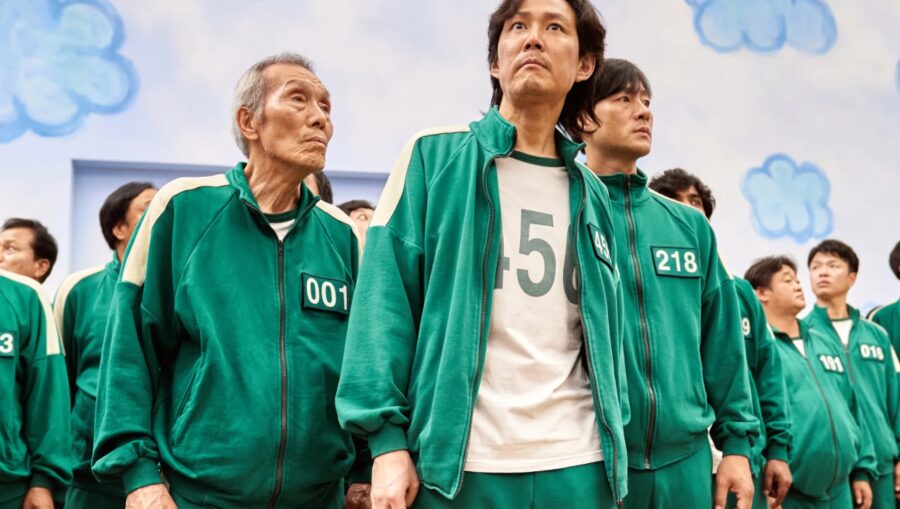An Entire Country’s Population Just Became One Year Younger
A new South Korea law does away with counting people as a year old at birth.

What if you woke up one day and discovered that you were actually one year younger? Sure, that may sound like the beginning of a Twilight Zone episode, but it’s something that everyone in South Korea just experienced. According to Sky News, the country recently changed an existing law that counted someone as “a year old at birth,” and this means that everyone in the country just became one year younger.
At this point, you probably have a simple question: why the heck was South Korea previously counting newborns as one year old? That particular practice is intended to “count” the time that someone spent in the womb towards how old they are.
Making things more confusing, though, is that this is actually a cultural tradition among many people that goes squarely against how the national government has been recording ages for over half a century.
In addition to the cultural practice of counting someone as a year old as soon as they are born, there is another cultural norm in South Korea in which someone is considered a year older on January 1 rather than their actual birthday.
This can result in some odd scenarios depending on when a person is born. For example, someone born on December 31 could be considered one year old when they are born and then turn two years old on January 1.

Such cultural practices would inevitably wreak havoc on South Korea’s government, and that’s why the government has simply been using the international practice of not counting someone as a year old until one year after they are born since the 1960s. The government also considers someone to grow one year older on their actual birthday rather than on January 1. For over half a century, this has simplified things when it comes to both medical and legal documents.
Another way of looking at South Korea’s recent legal change is that everyone is expected to now use the international method of calculating age that the government has been using since the 1960s.
As Minister of government legislation Lee Wan-kyu recently said, the primary intent of this change is that “legal disputes, complaints and social confusion that have been caused over how to calculate ages will be greatly reduced.” The public seems to want this, too: a government survey last year revealed that a whopping 86% of the country was already using the international system rather than the cultural “counting age” tradition, seeing the original system as old and outmoded.
When we first heard about everyone in South Korea getting a year older, we thought that M. Night Shyamalan might be making a follow-up movie about a beach that makes you younger instead of a beach that makes you older.
But it sounds like this is a simple legal change on the part of the government to make it easier for citizens throughout the country to agree on something as fundamental as how old they are. And this will help to bring South Korea’s laws and cultural customs in line with the rest of the world.










